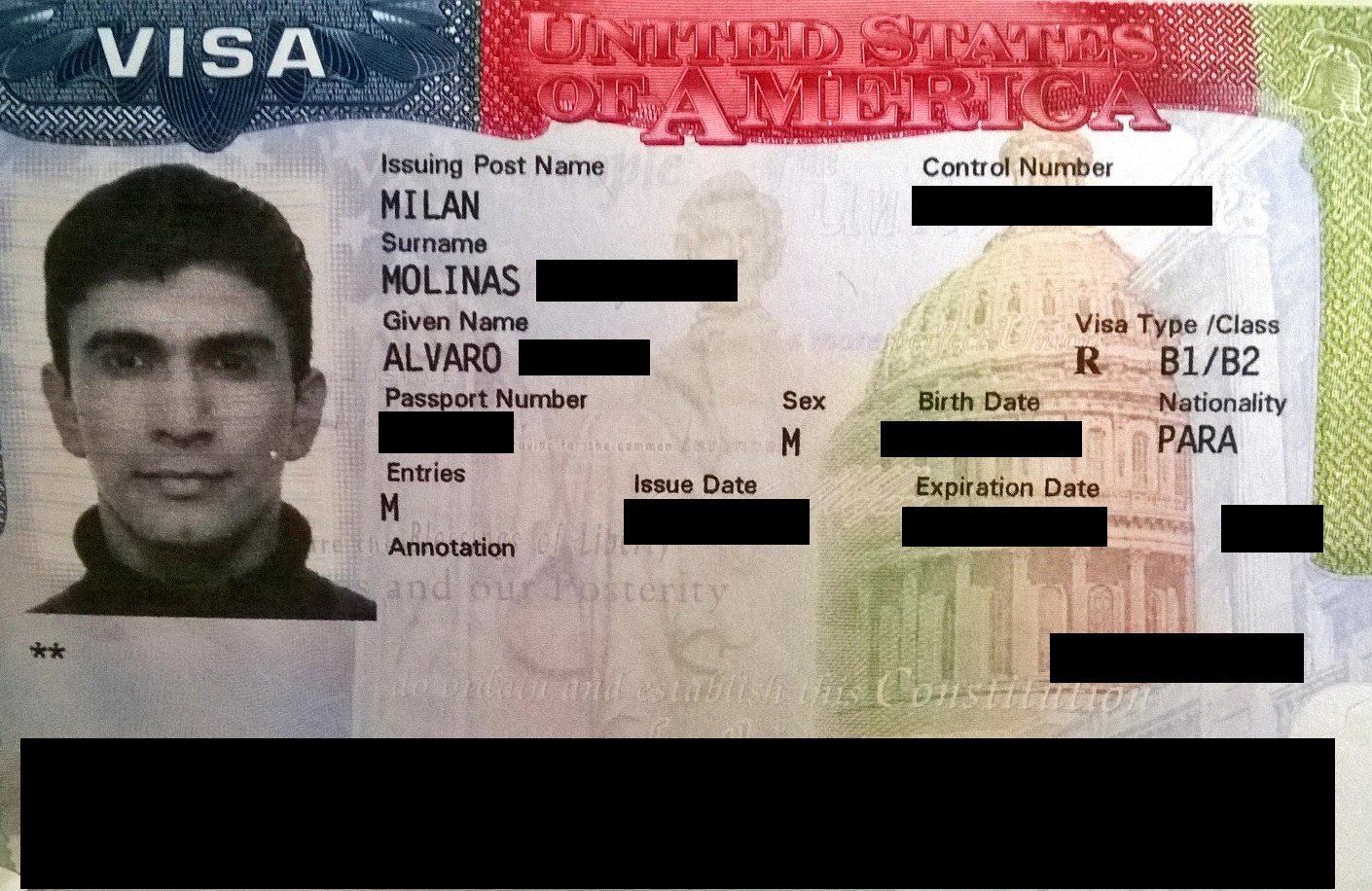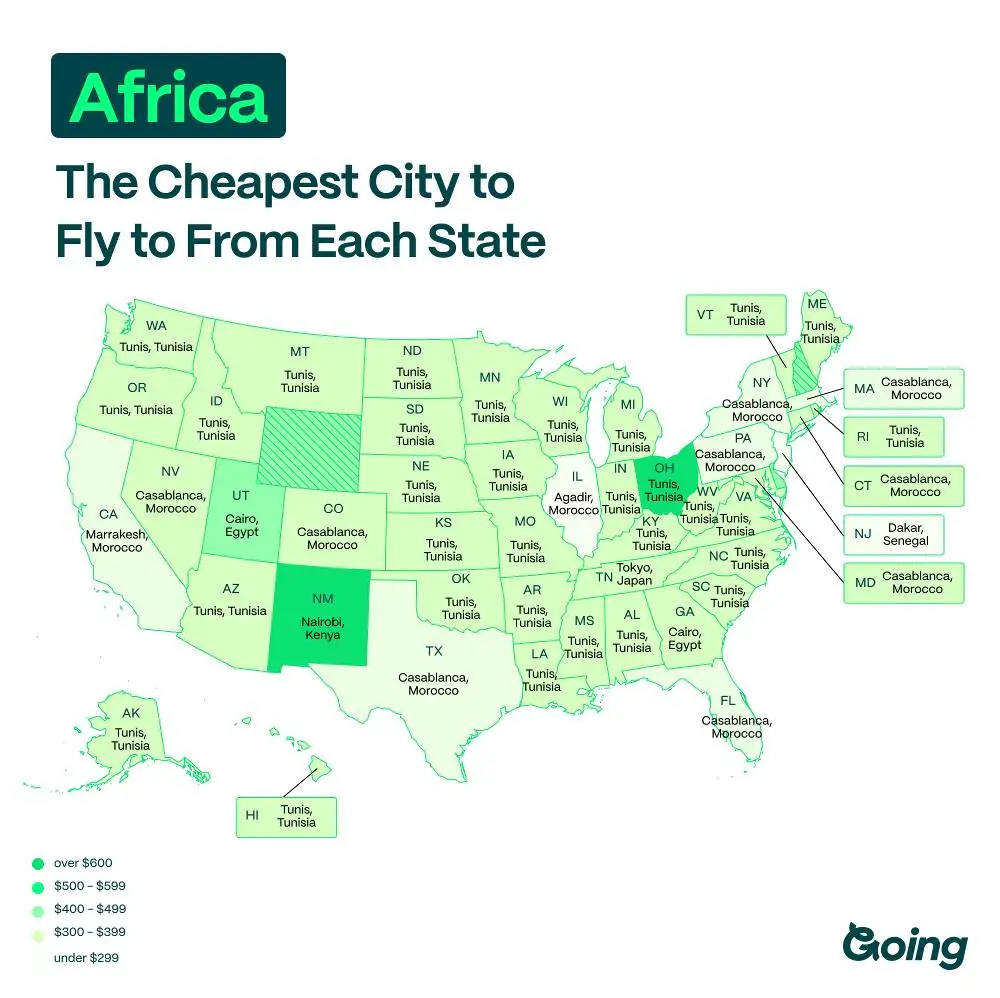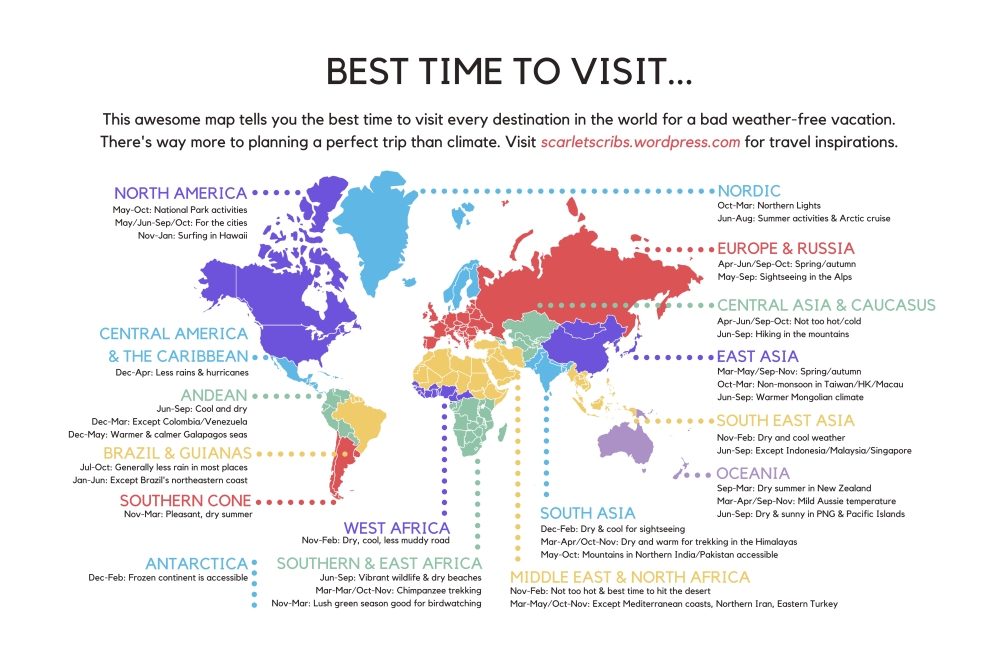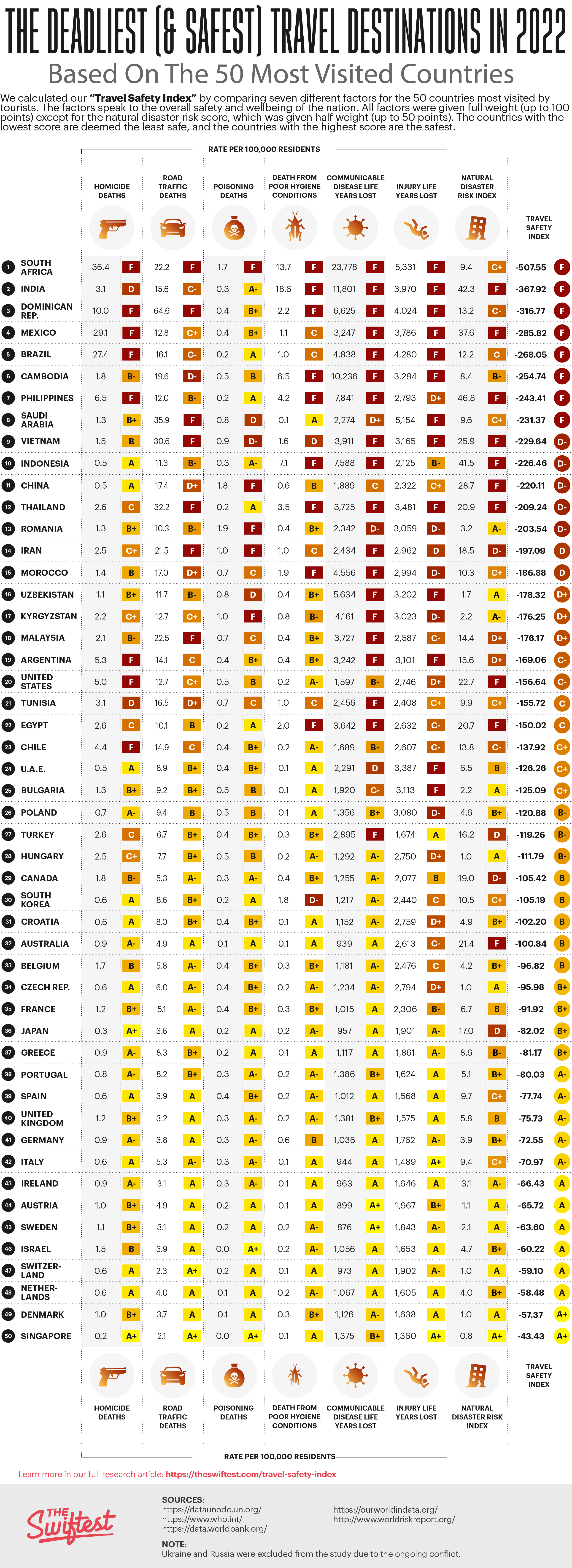
To travel internationally, many overlook the intricate layers of visa requirements, which are akin to a strategic chess game between countries. For example, in 2023, Henley Passport Index revealed that Japanese passport holders could travel visa-free to 193 destinations, while Afghans could access only 27. This disparity highlights how visa policies reflect the complicated diplomatic relationships between nations.
Visas have their roots in ancient diplomacy, designed originally to control entry and monitor movements across territories. Today, over 80% of global destinations enforce strict visa regulations either before or upon arrival. Understanding these requirements is crucial, as they determine one’s eligibility to enter a country, dictating the length of stay and the nature of travel permitted.

Understanding the Concept of International Travel Visa
An international travel visa is a document that allows you to enter a foreign country. It’s a way for governments to control who crosses their borders. Not all countries require a visa; some allow entry based on passport strength. For others, you might need to apply in advance. Usually, visas specify how long you can stay and what activities you can do.
There are different types of visas depending on your travel purpose. For example, a tourist visa is for sightseeing and exploring. A student visa lets you study at a school abroad. Work visas allow you to take a job in another country. Each type has specific requirements you need to meet.
The process of getting a visa can vary greatly by country. Some offer online applications, while others need interviews. Required documents often include a valid passport and proof of travel plans. It’s important to check the specific rules for your destination. Missing even one document could delay your trip.
For most travelers, understanding visa rules is vital. Incorrect information might lead to denied entry or fines. With accurate documents and following guidelines, travel becomes smoother. Visa rules can change, so staying informed helps. This knowledge ensures you have a safe and enjoyable journey.
Historical Overview of Travel Visas
Travel visas have been part of human history for centuries. In ancient times, rulers controlled who could enter their lands. This was done through permissions and letters. These documents acted like early forms of visas. They ensured visitors didn’t pose threats to the kingdom.
During the 19th century, passports and visas started to resemble modern forms. The rise of train travel meant more people crossed borders. This required better systems to track and control movement. Countries began to standardize their visa processes. This was crucial for managing international travel efficiently.
After the World Wars, the need for security led to stricter visa regulations. Countries introduced more detailed background checks. They also expanded visa types to match different travel reasons. This included visas for tourism, work, and study. Security concerns mainly drove these changes in policies.
Today, the concept of a travel visa has evolved significantly. Technology allows for electronic visas and border checks. Some regions, like the European Union, have visa-free travel agreements. However, many countries still use traditional visas. Understanding their history helps us appreciate their importance in global travel.
Why Are Visas Important for International Travelers?
Visas play a crucial role in international travel as they act like a gateway with rules. They ensure that people entering a country do so legally and safely. By having a visa, travelers acknowledge that they understand and will follow a country’s laws. This process also helps the destination country control the number of visitors. Moreover, visas can prevent illegal activities such as smuggling or overstaying.
Each type of visa has its own purpose, like tourism, work, or study. These distinctions help countries know why people are coming. For instance, a tourist visa allows for leisure activities, but not work. This way, countries can manage their resources and services. It’s like organizing a party and knowing exactly who’s coming and why.
Visas also help in keeping track of migration and enhance security. Authorities use them to run background checks on applicants. This can include looking into criminal records or health conditions. It provides a layer of safety for both the country and the traveler. Hence, it acts as a mutual promise of trust.
For travelers, understanding visa rules is essential to avoid issues. Preparing the right documents and following procedures can make trips smoother. When travelers respect visa regulations, it creates a positive travel experience. This preparedness minimizes risks of travel delays or denied entries. Ultimately, the importance of visas cannot be underestimated in global journeys.
The Role of Passport Power in Visa-Free Travel
Passport power plays a significant role in how easily travelers can move between countries without needing a visa. A strong passport allows its holders to visit many destinations visa-free. This is often a reflection of the country’s diplomatic relations and global status. Citizens with such passports can experience smoother travel and fewer bureaucratic hurdles. It opens up more opportunities for spontaneous trips and adventures.
The Henley Passport Index ranks passports based on the number of destinations their holders can enter without a visa. Over the years, countries like Japan and Germany have consistently topped these rankings. They enjoy high visa-free access due to strong international ties. This ranking influences travel patterns and decisions. It also reflects the trust other countries place in them.
The idea behind passport power relates to trust and security measures between countries. When mutual respect exists, countries waive visa requirements. This strengthens tourism, business, and cultural exchanges. Hence, it’s not just about ease of travel, but also fostering global relationships. Strong passports support positive international dialogue.
For travelers from countries with less powerful passports, visa applications are common. They must plan ahead, gather documents, and go through approval processes. However, this doesn’t mean travel is impossible. It just requires more preparation and patience. Despite challenges, understanding these dynamics can help in making informed travel plans.
Visa-free travel also impacts economies by encouraging tourism. More visitors mean more business for local shops and services. Places with easier entry often see a boost in tourism-related jobs. These economic benefits further incentivize countries to negotiate visa-free agreements. It’s like a win-win for both travelers and host nations.
Types of Visas for International Travel
International travel requires different visa types, depending on the purpose of the visit. Each visa category comes with its own set of rules and conditions. Here are some common types:
- Tourist Visa: This is for leisure travelers who want to explore and enjoy a country. It usually has short-term validity and prohibits working.
- Business Visa: This type allows a person to attend business meetings and conferences. It can have stricter requirements regarding documents.
- Student Visa: Issued to students enrolled in courses abroad. Validity aligns with the duration of the educational program.
- Work Visa: For those who have secured employment in another country. Often requires a job offer before application.
- Transit Visa: Allows travelers to pass through a country on their way to another destination. It is typically valid for a few hours to a couple of days.
Each type of visa serves a specific need and has its eligibility criteria. For instance, a tourist visa might demand proof of accommodation. A work visa often requires an employer’s letter. Understanding these can help in selecting the right visa. Being informed can also prevent travel delays and confusion.
Different countries have varied visa policies, so it’s crucial to check their specific requirements. Some nations might offer e-visas or visa-on-arrival options. Others might need prior applications and interviews. Details about these policies are usually available on official government websites. This preparation ensures a hassle-free travel experience.
Navigating Visa Regulations and Requirements
Visa regulations can vary widely from one country to another. Before planning your trip, it’s important to check which documents you need. Common requirements include passport validity, recent photographs, and completed application forms. Understanding these can save time and prevent last-minute stress. Most countries provide detailed guidelines on their official websites.
Some destinations offer different visa types, each with unique conditions. For instance, getting a work visa may need evidence of employment. Tourist visas might require proof of accommodation and travel plans. Knowing what each visa needs helps in collecting the right documents. This preparation is key to a smooth application process.
In some cases, you might need more than just the basic documents. Additional paperwork like bank statements or invitation letters can be essential. These help show you can support yourself during your stay. They also prove your reason for visiting is genuine. Gathering these beforehand helps avoid delays.
Timing is another crucial factor in navigating visa applications. Starting the process early ensures you meet all the requirements without rushing. Different countries have different processing times. Applying well in advance accommodates any unexpected hiccups. This proactive approach is beneficial for hassle-free travel.
Several countries offer electronic visa services, making the process simpler. You can fill out applications and submit documents online. This convenience can eliminate the need for physical visits to embassies. It’s an efficient way to manage your visa needs. Always verify the legitimacy of the website you use to avoid scams.
Frequently Asked Questions
Travel visas can be a complex topic for those planning international trips. Below are some common questions and informative answers to help you navigate this essential aspect of travel.
1. What is a visa?
A visa is an official document that allows a foreigner to enter, stay, or leave a country. It is typically issued by the destination country’s government and may come as a stamp or sticker in your passport. Different types of visas exist based on the purpose of travel, such as tourism, business, or study.
Visas ensure that travelers comply with the immigration laws of the host country. They help manage and monitor the flow of visitors across borders. Understanding the visa requirements for your destination is essential to ensure a smooth travel experience and avoid penalties.
2. How do I apply for a visa?
To apply for a visa, you typically need to fill out an application form. This often requires details like your travel plans, sponsor information, and legal history. Submission of documents such as your passport, a photo, and sometimes flight and accommodation bookings is common. You may also need to pay a fee. Some countries allow online applications, while others require visits to embassies.
It’s crucial to check the specific requirements for the country you are visiting. Timely submissions and providing accurate information can expedite the approval process. Keep an eye on any changes in visa policies, as they can affect your travel plans.
3. How long does it take to get a visa?
The time required to get a visa varies depending on the country and visa type. Some visas are processed within days, while others might take weeks or even months. Factors like the workload of the issuing embassy and the thoroughness of your application affect the timing. During peak travel seasons, processing times may be longer.
Applying well in advance is always a good idea, especially for countries with complex entry requirements. Preparing all necessary documents beforehand helps avoid delays. If possible, track your application status to stay informed during the waiting period.
4. Can visa applications be denied?
Yes, visa applications can sometimes be denied if the requirements are not met. Common reasons for rejection include missing documents, unverified financial means, or failing security checks. Inaccurate or false information can also lead to denial.
If denied, applicants may often reapply, addressing the issues that led to the rejection. It’s advisable to understand the reason for denial and seek guidance for the reapplication process. Following guidelines closely can improve the chances of approval.
5. Are there countries with no visa requirements?
Yes, some countries allow travelers to enter without a visa, based on passport strength or international agreements. These countries have arrangements allowing short-term visa-free stays for tourism or business. Over time, the list of such countries can change, influenced by diplomatic relations and security concerns.
Always check the latest travel advisories and entry requirements before planning your trip. Relying on outdated information may result in unexpected complications. Using official government websites ensures you have accurate entry information for your travels.
Conclusion
Understanding visas is crucial for experts navigating the complexities of international travel. It’s imperative to stay informed about visa types and application procedures. As visa regulations can frequently change, being prepared ensures a seamless travel experience.
Visa processes serve to maintain security and order across global borders. For travelers and professionals alike, having comprehensive knowledge of these requirements is key. With the right preparation, international endeavors can be achieved smoothly and efficiently.






